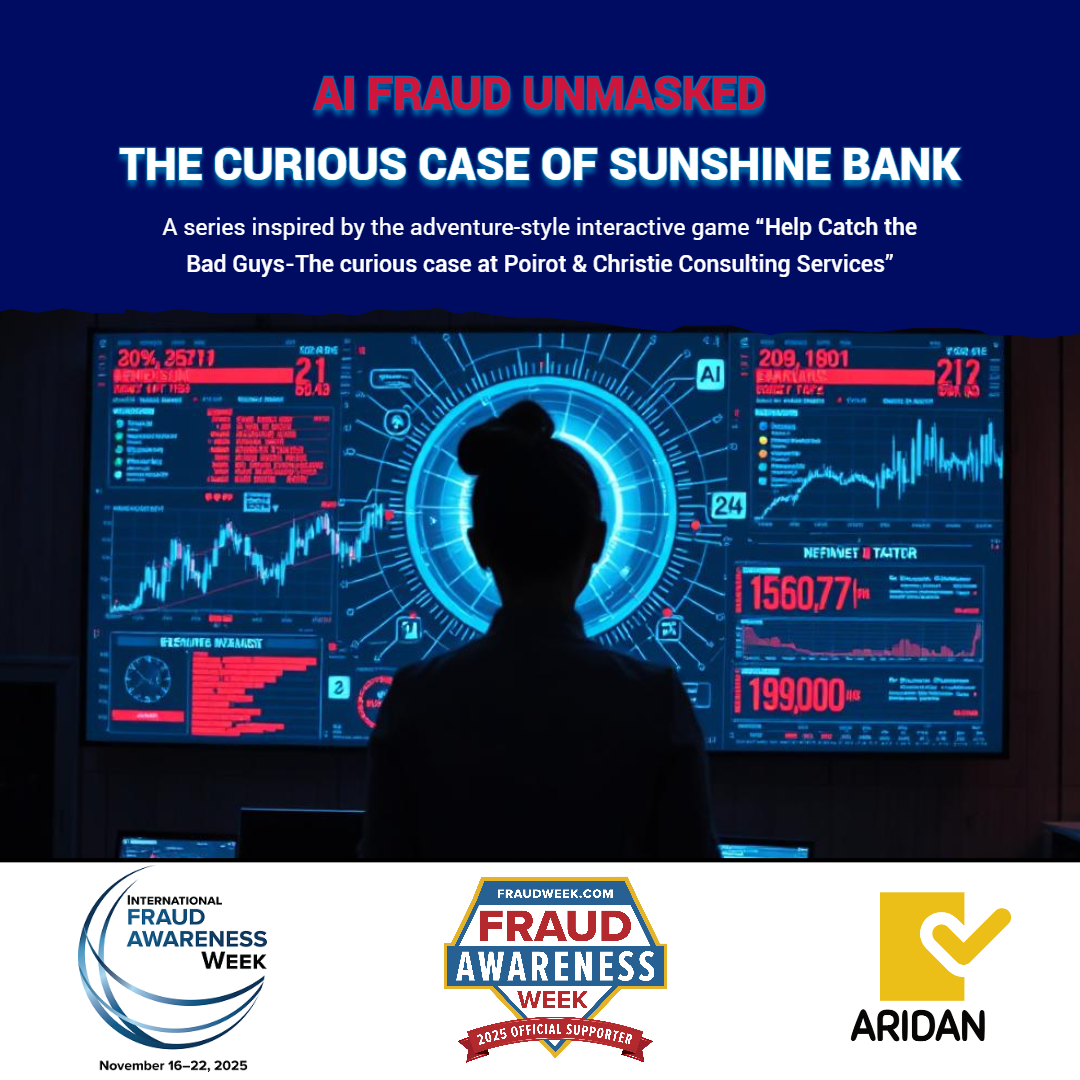In today’s globalized landscape, financial activities frequently extend beyond country boundaries, complicating efforts by tax authorities to enforce compliance and deter tax evasion.
To address this challenge, numerous frameworks have been developed to improve transparency in international tax matters. Among these, the U.S.-based Foreign Account Tax Compliance Act (FATCA) and the Common Reporting Standard (CRS) have gained widespread popularity in the business sphere. FATCA, in particular, holds significant relevance due to the desire of many entities to engage in business dealings or establish business connections with Americans.
Mastery of these frameworks is indispensable for individuals and businesses engaged in cross-border operations to fulfill their tax responsibilities. Exploring the fundamentals of FATCA and CRS and grasping their ramifications is paramount in navigating the complexities of international taxation.
WHAT IS FATCA?
The Foreign Account Tax Compliance Act (FATCA) is a United States legislation enacted in 2010 to combat tax evasion by U.S. persons holding assets and financial accounts outside the country. FATCA requires foreign financial institutions (FFIs) to report information about financial accounts held by U.S. taxpayers or foreign entities with substantial U.S. ownership to the Internal Revenue Service (IRS).
Under FATCA, FFIs must enter into agreements with the IRS to identify and report on U.S. account holders or face withholding tax on certain payments from U.S. sources. This information exchange allows the IRS to track and tax income generated by U.S. taxpayers abroad, ensuring compliance with U.S. tax laws.
KEY ELEMENTS OF FATCA
Reporting obligations, due diligence requirements, and withholding tax are the key elements of FATCA:
REPORTING OBLIGATIONS
FFIs are required to report specified information about U.S. account holders, including their identities, account balances, and income earned.
DUE DILIGENCE REQUIREMENTS
FFIs must implement due diligence procedures to identify U.S. account holders and reportable accounts.
WITHHOLDING TAX
Non-compliant FFIs may face withholding tax on certain payments received from U.S. sources.
UNDERSTANDING CRS
The Common Reporting Standard (CRS) is an international framework developed by the Organization for Economic Co-operation and Development (OECD) to facilitate the automatic exchange of financial account information among participating jurisdictions. CRS aims to enhance global tax transparency and combat cross-border tax evasion.
CRS requires financial institutions in participating jurisdictions to collect and report information on foreign account holders to their respective tax authorities, which then exchange this information with other jurisdictions annually. This exchange enables tax authorities to verify taxpayers’ compliance with their tax obligations in their jurisdictions of residence.
KEY ELEMENTS OF CRS
The following are the key elements of CRS:
SCOPE OF REPORTING
Financial institutions must report information on financial accounts held by non-resident individuals and entities to their local tax authorities.
INFORMATION EXCHANGE
Tax authorities exchange financial account information annually to ensure compliance with tax laws.
DUE DILIGENCE PROCEDURES
Financial institutions must implement due diligence procedures to identify reportable accounts and collect relevant information for reporting purposes.
IMPLICATIONS FOR TAXPAYERS
For individuals and businesses with international financial interests, compliance with FATCA and CRS is essential to avoid penalties and ensure adherence to tax laws. Failure to comply with reporting requirements may result in financial penalties, reputational damage, and legal consequences.
Taxpayers should review their financial holdings and consult with tax advisors to determine their reporting obligations under FATCA and CRS. Proper documentation and disclosure of foreign financial accounts are critical to compliance and avoiding potential liabilities.
In addition to FATCA and CRS, several other international tax compliance structures and initiatives are aimed at promoting transparency and combating tax evasion. Some of these include:
- Automatic Exchange of Information (AEOI): AEOI is a broader framework encompassing initiatives like FATCA and CRS. It involves the automatic exchange of financial account information between countries to assist in enforcing domestic tax laws and combatting tax evasion.
- OECD’s Exchange of Tax Information (EOI): The OECD’s EOI framework facilitates the exchange of tax information between countries to ensure compliance with national tax laws. This initiative includes both automatic and spontaneous exchange mechanisms.
- Double Taxation Treaties (DTTs): DTTs are agreements between two countries aimed at preventing double taxation of income earned in one country by a resident of the other country. These treaties also often include provisions for the exchange of tax information between the treaty partners.
- Base Erosion and Profit Shifting (BEPS): BEPS refers to tax planning strategies used by multinational companies to shift profits from high-tax to low-tax jurisdictions, thereby reducing their overall tax liability. The OECD’s BEPS project aims to address these strategies and ensure that profits are taxed where economic activities generating the profits occur.
- Foreign Tax Credit (FTC): The FTC system allows taxpayers to offset taxes paid to foreign governments against their domestic tax liability to avoid double taxation on the same income. This system helps promote international tax compliance by relieving taxes paid abroad.
- Country-by-Country Reporting (CbCR): CbCR is a component of the OECD’s BEPS Action Plan. It requires multinational companies to report detailed financial and tax information for each jurisdiction in which they operate, providing tax authorities with greater transparency into their global operations and tax planning strategies.
- Tax Information Exchange Agreements (TIEAs): TIEAs are bilateral agreements between countries that facilitate the exchange of tax information upon request. These agreements help tax authorities combat tax evasion by providing a legal framework for sharing information on taxpayers’ financial affairs.
- Global Forum on Transparency and Exchange of Information for Tax Purposes: The Global Forum is an initiative jointly hosted by the OECD and the World Bank that promotes international tax transparency and exchange of tax information. It assesses countries’ compliance with international standards on transparency and information exchange and provides assistance to countries to improve their tax systems.
These structures and initiatives work together to create a more transparent and equitable global tax environment, reducing opportunities for tax evasion and ensuring that taxpayers meet their obligations across borders.
FINAL THOUGHTS
FATCA and CRS represent significant efforts to enhance tax transparency and combat global tax evasion. Understanding these frameworks and their implications is vital for individuals and businesses engaged in international financial activities.
Compliance with reporting obligations under FATCA and CRS is essential to avoid penalties and uphold tax integrity across borders. By adhering to these regulations, taxpayers contribute to the broader goal of fostering transparency and fairness in the global tax system.
Sources
Thomson Reuters. FATCA & CRS: You’re foundation in a changing the world Brochure. Last accessed March 25, 2024.
PwC Cyprus. FATCA and CRS Overview. Last accessed March 27, 2024.
Internal Revenue Service (IRS). Summary of FATCA Reporting for U.S. Taxpayers. Last accessed March 25, 2024.
Organisation for Economic Co-operation and Development (OECD). Common Reporting Standard. Last accessed March 27, 2024.
Standard Chartered Bank. FATCA and CRS FAQs. Last accessed March 27, 2024.








